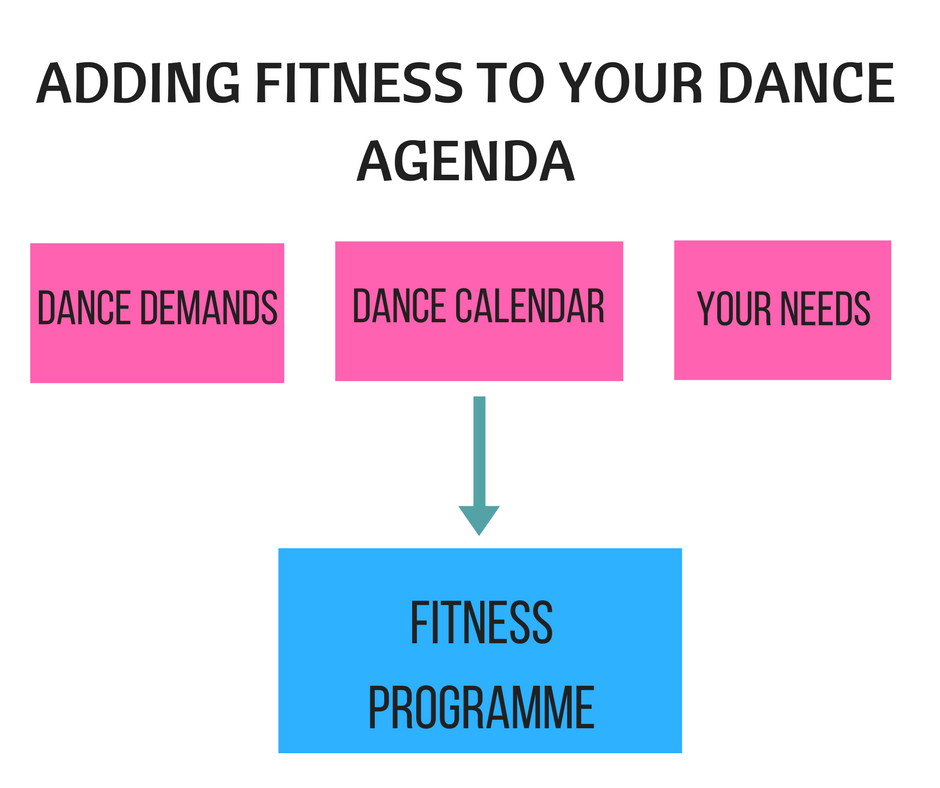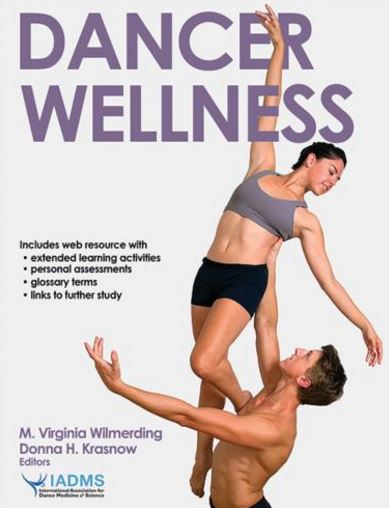Blog
Adding Fitness to your Dance Agenda: Where to start?
Author: Clara Fischer Gam
So you came to the understanding that it is not all about dancing: in order to nourish your body for greater freedom of artistic expression, other elements have to be added to the equation. You have already done the reading about reducing the risk of injuries and enhancing performance. Then you came across supplementary fitness training and its role in supporting your career goals and longevity. Feeling more responsible for your body and empowered to take care of yourself, you are now craving for putting it into practice – what then?
Read ArticleBook Review: Dancer Wellness Textbook
Author: K. Michael Rowley on behalf of IADMS Promotion Committee
This phenomenal Dancer Wellness textbook is like a who’s who of the dance medicine and science world. A quick scan of the Table of Contents will toss up well-known names in the community like Luke Hopper of Australia, Emma Redding of the UK, Derrick Brown of the Netherlands, and Margaret Wilson of the US among many many more. This textbook embodies what I personally have wanted from IADMS for the entire time I’ve been aware of the organization – a reference textbook combining the best of the best in contributors, scientifically and clinically rigorous information, and accessibility to multiple audiences.
Read ArticleIADMS Dance Educator Award Update
The 2016 IADMS Education Committee Dance Educator Award is presented to Dr. Tom Welsh, Professor at Florida State University. Tom’s direct and indirect influence on dance pedagogy and training has been profound. He carefully thinks about how research informs practice and how research needs to reflect practice. The many colleagues and students he works with are challenged and invigorated by his thoughtful questions, carefully worded concerns and unique solutions to difficult problems.
Read ArticleNot “IF” but “WHEN”: Rehearsing for medical emergencies in dance
Author: Carina M. Nasrallah
Catastrophic injuries and life-threatening medical emergencies are not common in the dance studio or theater. Ankle sprains, bruised toenails and sore backs are more the “bread and butter” of dancers’ woes, and as a result it is easy to develop a false sense of security - the mentality that “it would never happen to us”. But it is critical to remember that dancers are elite athletes and not immune to catastrophic injury. Therefore, having a plan for handling emergency situations is not a recommendation - it is necessity.
Read Article- IADMS 34th Annual Conference - Experience Point of View: Jennifer Milner
- IADMS 34th Annual Conference - Experience Point of View: Joanna Nicholas
- IADMS 34th Annual Conference - Experience Point of View: Erika Mayall
- Beginning ASL for Medical Students & Health Practitioners
- Relative Energy Deficiency in Dance



 BACK
BACK